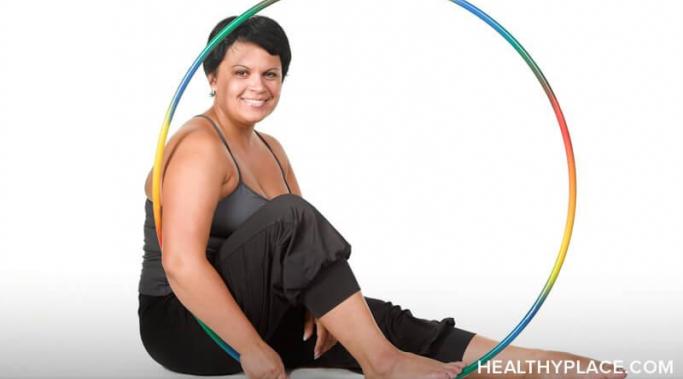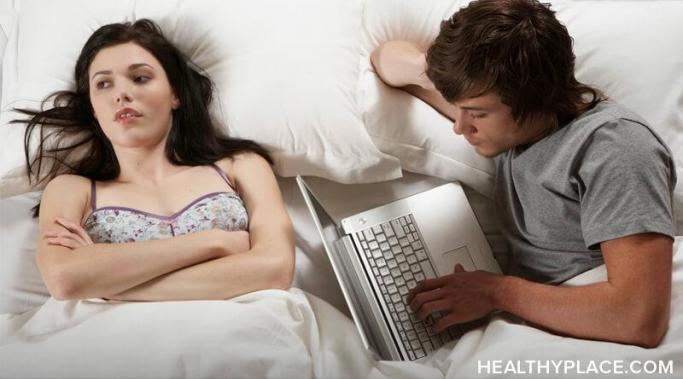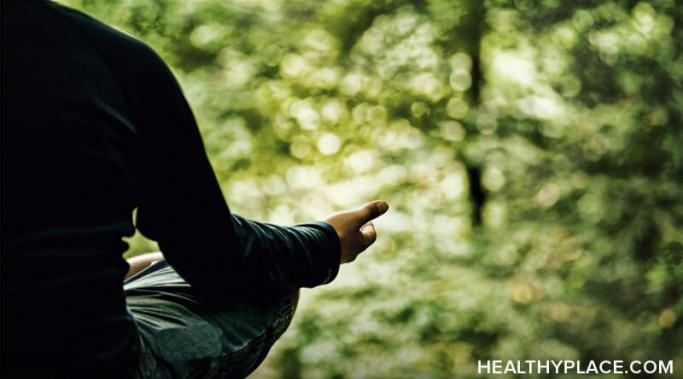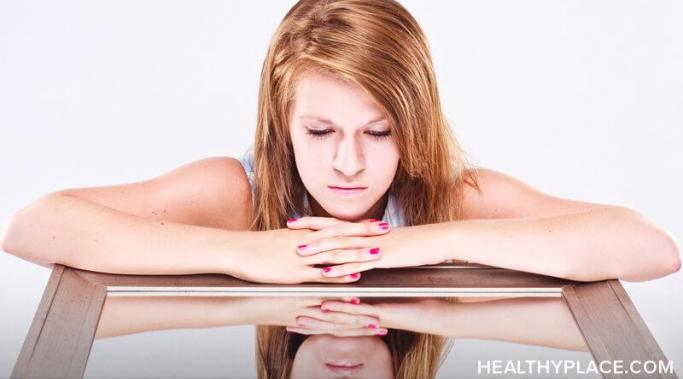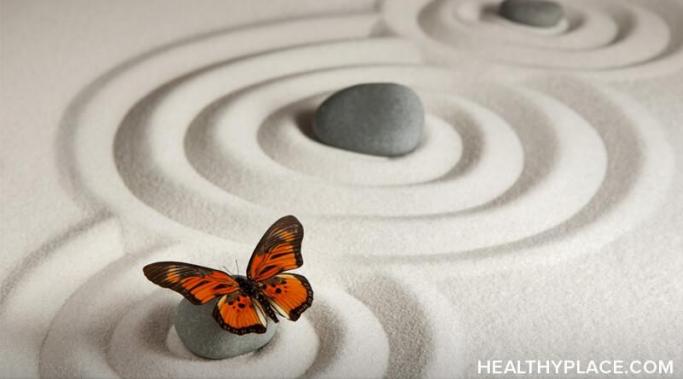The body holds a great deal of anxiety. Anxiety is all-encompassing and takes place in the body as much as in the brain and mind. This means, of course, that we are susceptible to a host of anxiety symptoms from head to toe: racing thoughts and worries, roiling emotions, and physical sensations that make us anywhere from uncomfortable to ill. As annoying as this is, we can use it to our advantage, using our body to quiet our anxious mind.
Anxiety Management – Anxiety Schmanxiety
Aren't we supposed to be over the COVID-19 pandemic and the heightened anxiety it's causing? Most of us hoped, and even expected, that we would be. Yet here we are, well into month four in the United States, and many states are sliding backwards. Legal orders to wear masks are on the rise. A seemingly sudden explosion of controversy and heated emotion around mask-wearing have left many people wondering why: Why now, why the big issue around masks, and simply why are we continuing to experience mental health challenges around COVID-19? Here's a look that won't solve the problem but may help shed light on it and help you manage increasing anxiety.
I’m sure I’m not the only one who feels an almost permanent sense of inferiority because of my anxiety; if I were to guess, I’d say that’s common across the board for the mentally ill. That sense of inferiority often makes me feel like a hypocrite. After all, on this very blog, I have, from the very beginning, been a vocal proponent for more acceptance towards the mentally ill, both in terms of society at large and among the mentally ill themselves. This sense of inferiority would suggest that I still see myself as somewhat lesser than my mentally healthy counterparts, and there is truth to that. In this blog, I want to explore this in a bit more detail.
Anxiety has many nasty effects, one of which can be making us too nice or too passive. I'm guilty of this. While I do consider myself to be genuinely kind and considerate, I often take this characteristic a bit too far, putting my own thoughts and emotions aside and even altering my actions for the sake of others. If you find yourself doing much more giving and very little "taking," read on for a look at how anxiety can make us too passive and a few tips on how to begin the process of picking yourself up off the doorstep of life.
Do you know how to meditate when your anxiety won't let you be still? Recently, I wrote about mindfulness meditation for anxiety. Because it's so powerful and yet so frustrating, I'm returning to the topic of how to meditate to expand on it further--helping you to learn how to meditate despite anxiety.
I talked a little about cleaning in my last video and the cathartic effects I find in giving away things I don’t really need. I feel as though a discussion on the benefits of minimalism to curb anxiety is a natural segue way from what came before. I think for anyone with anxiety, trying as best you can to live as minimally as possible is the only healthy way to be.
While knowing the exact cause of your anxiety isn't necessary to overcome it, understanding what's underlying your worries and fears can help you address the causes of anxiety and provide insight into what might be holding you back from living a full life unencumbered by anxious thoughts, feelings, and behaviors. Now we'll look at five ways you can address these anxiety causes to start to take back your life.
While it's too soon for an official poll to have been conducted regarding the mental health effects of George Floyd's death and the subsequent riots, it seems that our levels of anxiety and stress have taken another significant blow. With so much uncertainty and chaos in the world, it makes perfect sense to experience anxiety. That doesn't mean, however, that we're all powerless to regain personal control. You can use the following strategies to help your anxiety during this time of chaos and uncertainty.
Near where I live, there are a couple of little boxes where people can leave books they wish to donate, as well as take any books they may find interesting. Over the past few weeks, I’ve given away quite a number of books to these boxes, and in the process, I’ve felt a great sense of relief and catharsis.
Nighttime anxiety can make it hard to fall asleep and stay asleep. Somehow, anxiety can seem even louder during the night than it does during the day; perhaps because the world is quiet and you are trying to get some much-needed sleep. Nighttime worry is exhausting and can make you feel tired but wired the next day. It's natural to toss and turn, tangling with anxious thoughts and feelings, but doing so simply fuels them and makes them even more intrusive and obnoxious. Read on for a tip on how to handle nighttime anxiety and worrying at night.
